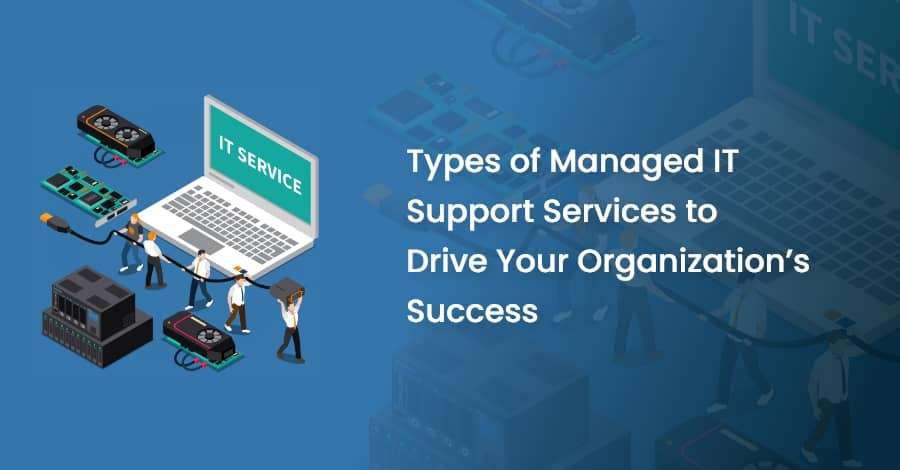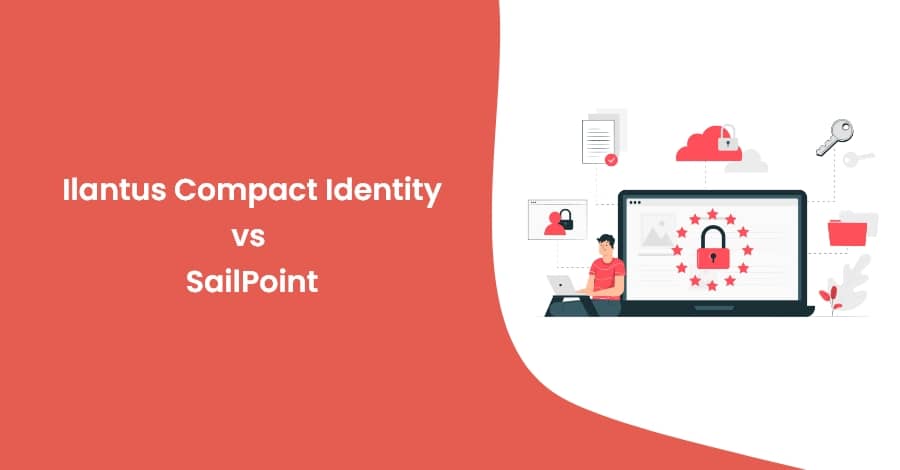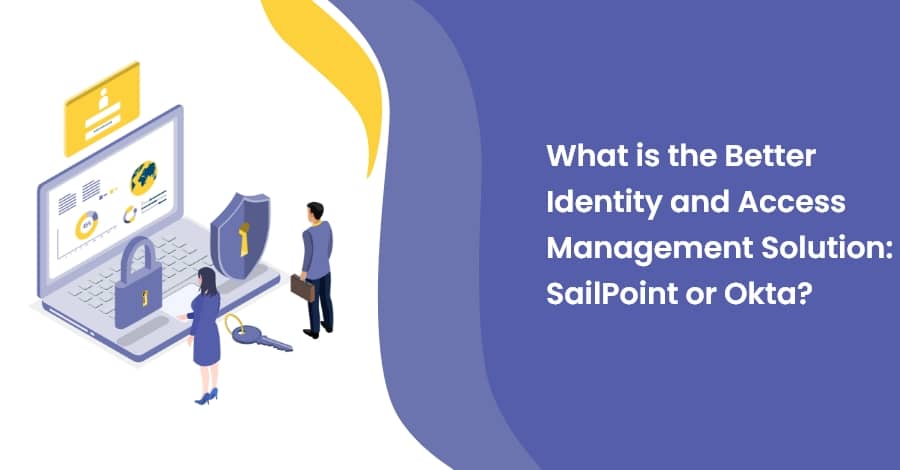
24 Nov Boost Success: 6 Managed IT Support Services
24 November 2022

It’s time for your organization to give its technology support a boost. If you’re not getting the results you want from your current IT support setup, it may be time to consider managed services instead. Managed services are support solutions that are typically more intensive than traditional desk-side support and regular desk-side support. Rather than just handling small troubleshooting issues and handing them off to another team when they get too complicated, an organization with IT managed services has a dedicated team that manages all aspects of your organization’s technology needs. This article will introduce you to six different types of managed IT services that can drive your organization’s success.
What are Managed IT Services?
Managed IT services are a type of outsourced IT support that can help your organization save time, money, and resources with no major changes to your internal processes. In addition, managed services can also help you achieve your business goals, increase staff productivity, and reduce the risk of downtime. If you’re looking for IT support, managed services can be a great choice because they’re typically more comprehensive solutions than desk-side support. There are six main types of managed information technology (IT) services. They are helpdesk support, network support, computer support, cloud services, disaster recovery and business continuity planning, and internal helpdesk support.
Helpdesk support involves hosting a 24/7, 365-day per year technical support call center in a remote location. Network support is a proactive approach to managing your internet connection, firewall, and routers to ensure that your organization is running smoothly and securely. Computer support involves regularly backing up your data, monitoring your network to prevent issues and troubleshooting problems that do occur.
Cloud services offer the ability to manage your computer programs in the cloud with the aid of a hosting company and store your data remotely. Business continuity planning and disaster recovery are two services that are closely related to one another and are often included in managed IT services.
6 Types of Managed IT Support Services
- Helpdesk Support
A helpdesk support service is focused on resolving the majority of inbound tickets quickly, with the average response time being within an hour. A helpdesk support service may also include a ticket-automation platform for streamlining your organization’s ticket-handling process. Helpdesk support can be useful for organizations with high call volumes. This can include outbound call centers, retail stores that receive inbound calls from customers requesting assistance, and service providers that receive inbound calls from customers with technology-related issues. For many organizations, the ticket-handling process is a tedious part of their daily operations. Helpdesk support can make working with inbound tickets less stressful for your organization’s staff members. This includes members of your IT team as well as other employees who may receive tickets. It also can help you ensure that all tickets are handled promptly.
- Network Support
Network support involves performing regular network scans and testing to identify potential issues before they become major ones. It can help your organization avoid issues related to bandwidth, wireless connectivity, and more. Although routers and modems are an essential part of any organization’s network, they can also be difficult to manage. This can handle this part of your daily operations so you can spend more time on project work. Network support can also help you find and fix issues before they end up affecting your organization’s productivity or operations.
- Computer Support
Computer support can include regular data backups, patches and software updates, and disaster recovery services. It can also include remote management, which is a service that lets your team remotely manage computers in your organization’s network. These services may be useful if your organization has employees who work from home or teleworkers who need regular access to computers. They also can come in handy if you have employees who travel frequently. Remote team management can help you manage computers in your organization’s network even when employees are not in the office.
It may also include managing your data backups. This can help you avoid issues related to data loss and can help you maintain compliance with certain regulations or organizational standards.
- Cloud Services
Cloud services are a popular types of managed IT services. This can be helpful if your organization uses a lot of cloud-based apps or if you regularly send and receive large data files. It can be helpful for your organization if you need to store data away from your office or you need to keep specific information confidential. Cloud services are also useful if you need to access your data from any computer or device. This can make it easy for you to work from home while traveling, or while visiting clients. Apple’s iCloud, Google Drive, and Microsoft OneDrive are examples of cloud services.
Cloud services can help your organization avoid issues related to hardware, software, and network performance. They can also help you save time by avoiding hardware purchases, software installations, and network upgrades. You also don’t need to worry about keeping these types of systems up-to-date, since cloud providers handle these tasks for you. Cloud services can come in handy if your organization needs to store confidential information. This can be helpful if you work in industries like healthcare or financial services.
- Disaster Recovery and Business Continuity Planning
Disaster recovery and business continuity planning services can help your organization avoid downtime. This can be important if you operate a retail store, provide a service, or are in another type of industry where downtime can lead to financial or reputational damage. If you experience significant downtime, these types of services can help you avoid a significant financial hit. They can also help you get back online as quickly as possible after a disaster occurs, such as a flood, fire, or power outage that damages your organization’s property.
Disaster recovery and business continuity planning services may include a wide range of offerings. They may include regular testing and simulations to help you identify potential issues and work towards resolving them. They can also help you create systems and procedures that will help you quickly recover from a disaster. This can be helpful if you experience a disaster that affects multiple locations. Disaster recovery and business continuity planning services may be offered as part of a managed IT services contract or as a standalone service.
- Internal Helpdesk Support
An internal helpdesk support service can help you handle IT issues, questions, and tickets internally. This can be helpful if your organization doesn’t have a lot of call volume or if you don’t want to handle a large number of inbound tickets. This type of managed IT support services can help you quickly solve basic technology-related issues. You can then refer more complex issues or tickets to your managed service provider.
Summing up
Any business, no matter its size or industry, needs managed IT support services to ensure the success of their organization. The world of IT is ever-changing and complex, so it can be difficult for businesses to keep up with the latest trends and technologies. Managed IT services can help businesses by providing expert guidance and support when it comes to all things IT. Hence, we have shared the six types of managed IT support services that can help businesses achieve their goals.
If you are looking for reliable support partner, contact us. We will help you to get the right candidate to support your business needs.
Our Related Posts
Ilantus Compact Identity vs SailPoint: Which One is the Best?
There are plenty of identity management solutions available today. They all promise to make your user account….
What is the Better Identity and Access Management Solution: SailPoint or OKTA?
Today’s businesses are facing new identity and access management challenges with the adoption of cloud,….
Are Managed Services Right For You?
Dealing with a whole IT infrastructure can be prohibitively costly, which is the reason many organizations are….









No Comments